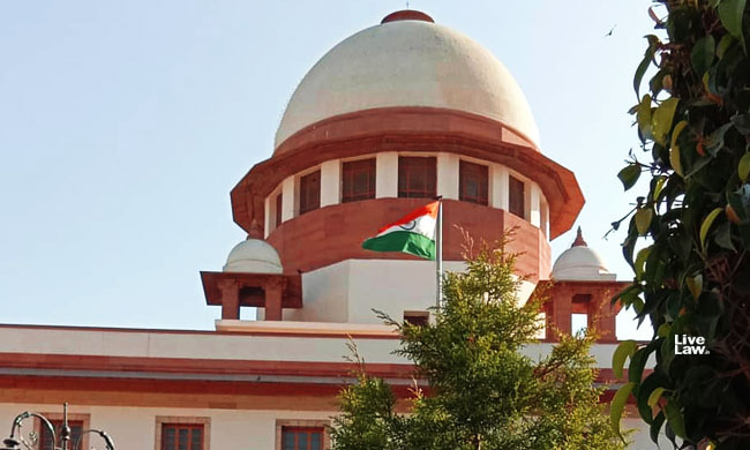'Third Child' Disqualification: SC To Hear U'khand Govt Plea Challenging HC's Reading Down Of Statutory Provision
LIVELAW NEWS NETWORK
24 Sept 2019 11:14 AM IST

In so far as it is made applicable to that class of people, who already have three children or more, the legislation would, undoubtedly, be manifestly arbitrary, the High Court had held.
Next Story


